For many businesses, especially those in their scaling phase, profitability is a constant challenge. Costs are rising, customers are price-sensitive, and profit margins can quickly erode if strategies are not carefully planned. Many CEOs and business owners find themselves caught between managing high operational costs, setting the right pricing model, and ensuring steady revenue growth. To better understand this challenge, it’s essential to define costing and grasp its meaning in the context of business operations.
How do you grow without losing control of your bottom line? Strategic cost management, pricing optimization, and profit maximization are the answer. Cost management, a crucial aspect of management accounting, involves various cost strategies that aim to improve financial performance while supporting business growth.
Understanding Your Cost Structure
Many businesses lack clarity on their expenses, leading to poor pricing decisions. Costs go beyond salaries and rent; hidden fees like transaction charges, marketing, and logistics impact margins. A detailed cost analysis helps separate fixed costs (rent and salaries) from variable costs (materials and logistics), ensuring informed pricing and spending decisions. This analysis is a fundamental aspect of cost accounting and forms the basis for effective cost management.
Implementing a robust cost management plan involves:
- Conducting a thorough cost-benefit analysis
- Establishing a cost baseline for future comparisons
- Regular cost reporting and tracking to identify variances
Optimizing Pricing Strategy
Competing on price alone is unsustainable. While price sensitivity is a necessity for Nigerian Businesses, it’s better to adopt value-based pricing, where products/services are priced based on perceived value rather than cost alone. Customers are willing to pay more for perceived value-superior quality, convenience, or excellent service. This approach to pricing is an essential component of financial planning and can significantly impact your cost management efforts.
Reducing Costs Without Compromising Quality
Cost-cutting should focus on efficiency, not sacrificing quality. Key cost management strategies include:
- Negotiating with suppliers: Bulk purchasing or long-term contracts secure better pricing, leading to cost savings.
- Automating tasks: Payroll, invoicing, and inventory management automation reduce labor costs and improve cost efficiency.
- Strategic outsourcing: IT support and digital marketing can be more cost-effective when outsourced, optimizing resource allocation.
- Operational reviews: Regular audits help eliminate inefficiencies in production and logistics, contributing to overall cost reduction.
These strategies, when implemented as part of a comprehensive project management approach, can lead to significant improvements in cost control and expense management.
Maximizing Customer Lifetime Value
Businesses often prioritize customer acquisition over retention, yet loyal customers drive repeat business, reduce marketing costs, and generate referrals. Retaining customers is more cost-effective than acquiring new ones, making customer experience and engagement crucial for profitability. This concept aligns with the cost concept in management accounting, which emphasizes the importance of long-term cost implications over short-term gains.
Conclusion
Sustainable growth requires a strategic approach to cost management, pricing, and customer retention. Nigerian businesses must balance expansion with financial health by making data-driven decisions. Profitability isn’t just about revenue; it’s about optimizing costs, pricing effectively, and maximizing customer value.
To achieve this balance, businesses should:
- Implement robust cost management accounting practices
- Utilize project cost management techniques for better resource planning
- Regularly review and adjust their cost management plan
- Focus on cost forecasting and analysis of cost metrics
- Strive for cost transparency across all operations
With these cost management strategies in place, long-term success is achievable. By focusing on cost optimization, businesses can avoid budget overruns, improve their project budget management, and ultimately enhance their overall financial performance. Remember, effective cost management is not just about cutting costs—it’s about making smart, strategic decisions that drive growth and profitability in the long run.


